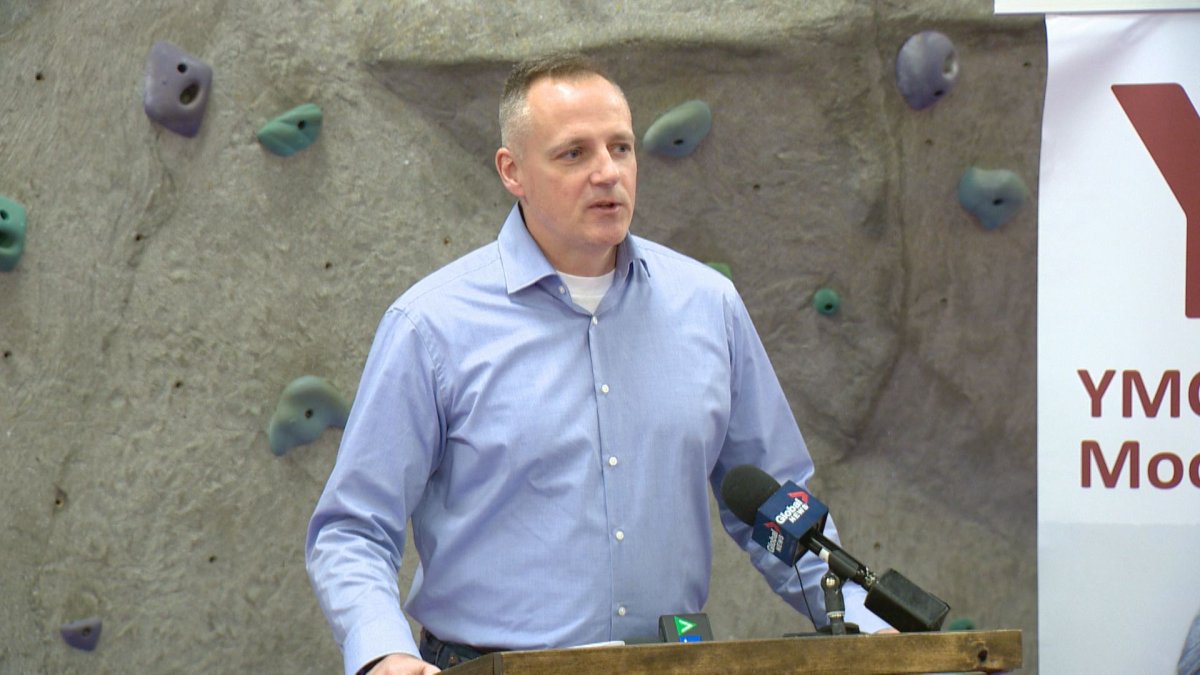MOOSE JAW, Sask. – On Wednesday, Moose Jaw took a big step in helping people with depression with the launch of the Mental Health Initiative.

The initiative, run by Alliance Health and the Moose Jaw YMCA, offers group counselling to people with mild to moderate depression. These group sessions involve cognitive therapy, mindfulness-based stress reduction and exercise therapy.
This free, eight-week program is expected to help 500 Moose Javians starting with members of the Moose jaw Police Service.
“You see people at their worst often times. You’re involved in a lot of stressful situations, a lot of high pressure situations, and it has a long term effect,” said Cpl. Taylor Mickleborugh, who is also president of the Moose Jaw Police Association.

Get weekly health news
“It’s interesting, because whether you realize it or not it affects us. Sometimes those effects are apparent and sometimes those effects come out after years of being exposed to the job.”
Over the past four months, organizers held 131 community consultations and the consensus was more needs to be done.
The police were chosen to go through the program in an effort to destigmatize seeking help for mental health.
The sessions begin in February. The exercise sessions will take place at the YMCA and the counseling will be at the Alliance Health Medical Clinic.
According to Alliance Health CEO Dr. Mark Lemstra, only about six people out of 100 with mental health issues get the full care they need. He hopes that the group setting here can help people stay with the program.
“There’s nothing wrong with presenting to care,” said Lemstra. ‘The first step is go to your family doctor and see if the program is right for you. If so, ask your doctor to refer you to us and we can start.”








Comments